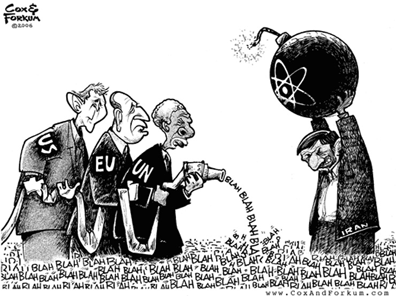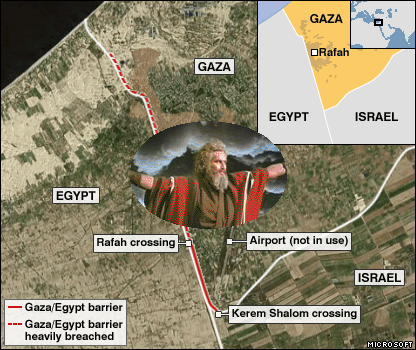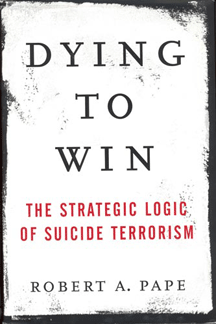
Pick up your morning newspaper or log on to an online news source and chances are there will be reports of suicide bombings somewhere in the Middle East (or Sri Lanka). The latest example, reported only a few hours ago, is from Algeria, as published in The Guardian:
At least 47 people, including a member of UN staff, were killed in two car bomb attacks in the Algerian capital today.
A car packed with explosives rammed into the offices of the UN’s refugee agency (UNHCR) in Algiers, and another was detonated outside the constitutional court.
Official estimates put the death toll at 47, but the BBC reported that the figure was over 60. A further 43 people have been injured.
The US president, George Bush, condemned the attacks as “senseless act of violence”.
The two car bombs, in upmarket areas of the capital, happened 10 minutes apart.
The first car bomb was driven into the constitutional court building in the Ben Aknoun district, killing at least 30 people. The official Algerian news agency reported that several of the victims were students who had been travelling on a school bus.
Ten minutes later, the second car bomb was driven into the UNHCR, in the Hydra district, killing at least 15.
Farhan Haq, a UN spokesman, said the member of staff who died had been working in the office of the UN development programme, which is across the road from the UNHCR building and was also damaged in the blast.
More of the same, you might think. The story could as easily have been about Iraq or Afghanistan or Israel or fill in the increasing number of blanks. So why is all this happening, as if the pragmatic reasons are not painfully obvious? More of the same again. The media, echoing the Bush administration, has a suspect. Continue reading You’ve Gotta Be Al-Qaiding Me →







